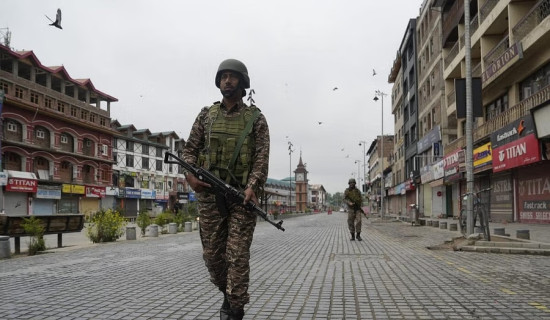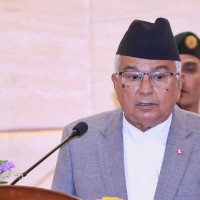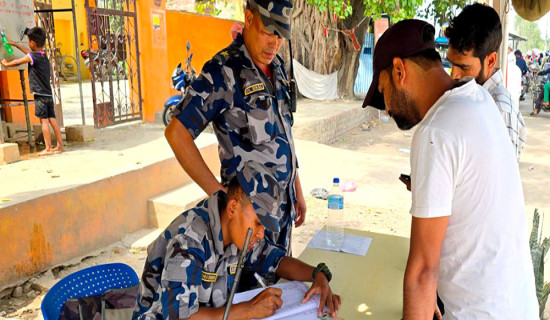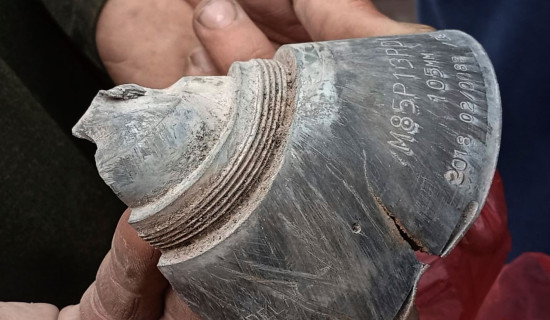- Saturday, 10 May 2025
Manage Waste Well
Waste management is a crucial issue many countries face, and Nepal is no exception. The haphazardly dumped waste and the drainage directly released into the rivers and streams pollute and uglify the urban centres. When we read about the major civilisations of the world, we come to know that the Mesopotamian civilisation, dating back to the 7th to 5th millennium BC, had the proper drainage system in their cities.
However, we, in the 21st century, lack the proper waste management and drainage system. The waste management system of any urban centre reflects how well that urban centre is managed in other areas of life. The lack of proper waste disposal and management leads to various diseases and creates a breeding ground for the proliferation of diseases like dengue and other water-borne diseases.
The trend of people migrating from rural areas to urban centres is on the rise, lately. Our waste management system is underdeveloped, and properly managing industrial and municipal waste has emerged as a challenge at the local level. According to the World Bank, Nepal’s urban population is rapidly growing, with over 60 per cent of the population living in the cities. As urban centres grow, waste management, especially plastic and other solid waste, has reached an alarming level. Most of the municipalities lack proper waste management infrastructures. The lack of proper waste segregation at the source often leads to difficulty in managing garbage. If the waste is segregated at the source, the biodegradable waste can be turned into compost manure, and the non-biodegradable waste, like plastic, can be recycled.
A news item published in this daily says that Jankpurdham, the capital of Madhes Province, is facing the challenge of waste management as the city lacks a long-term solution for waste management. The city has made progress in terms of infrastructure, with wide roads being constructed and the beautification of major religious areas. However, the city is grappling with waste management. It has no proper collection, sorting and recycling system. Likewise, the haphazard dumping of solid waste in open spaces has posed a serious risk to public health.
A few months back, a news report published in this daily said that Khairani Municipality and Ratnaganar Municipality that have outsourced their waste management to a private organistaion has been managing not only the waste produced by the cities but also generating income and providing jobs by handling 18 tonnes of waste daily. This model of waste management stresses that if the municipalities can't manage waste on their own, they can outsource this work to a private organisation and monitor their work. The compost and biogas produced in the course of waste management can, on the one hand, generate income and, on the other hand, they can employ people when the nation is grappling with the acute problem of unemployment.
Waste management is a major challenge in Kathmandu Metropolitan City as well. Kathmandu appears comparatively cleaner these days, and it has been working on a plan to segregate all household waste produced under its jurisdiction so that it can reduce the waste dumped at landfill sites. If the local bodies adhere to the Solid Waste Management Act, 2068 (2011), the management of solid waste can be more effective.
















